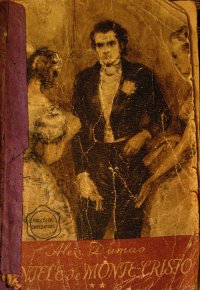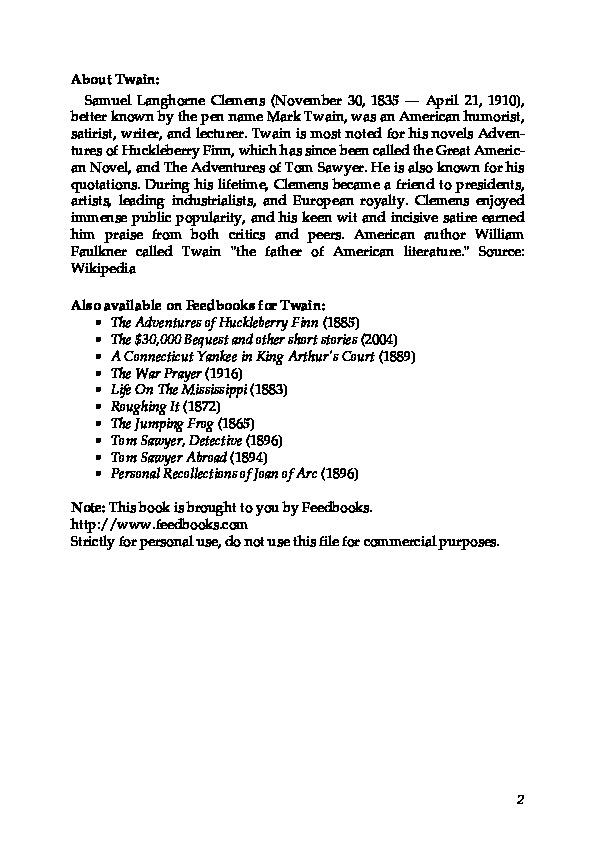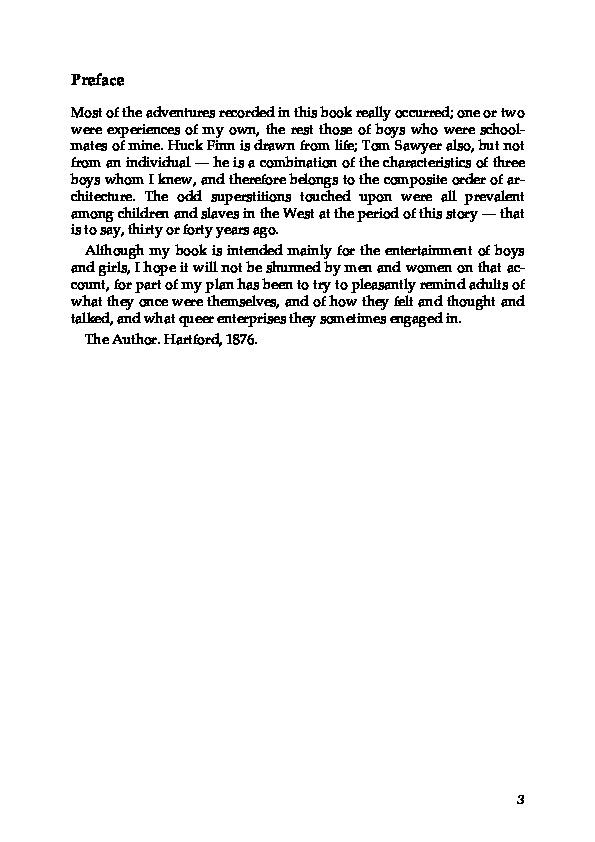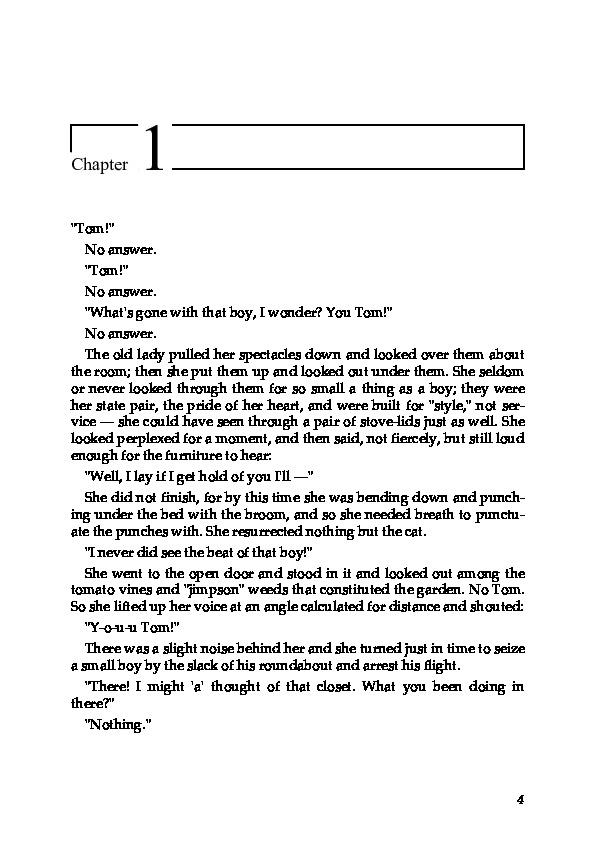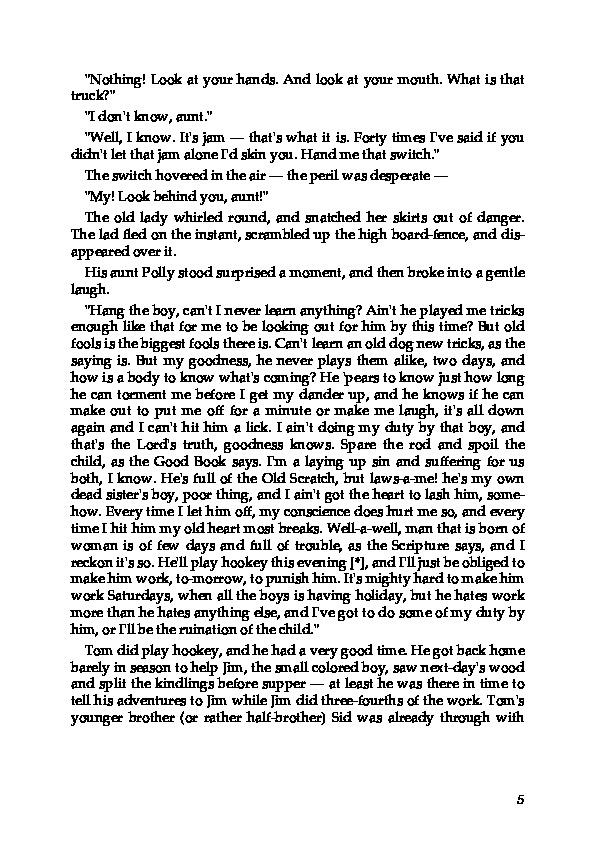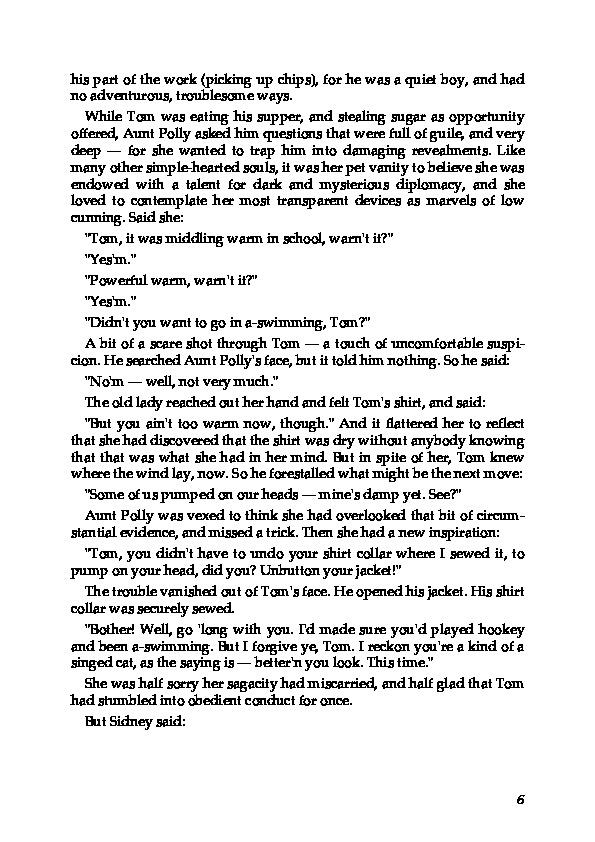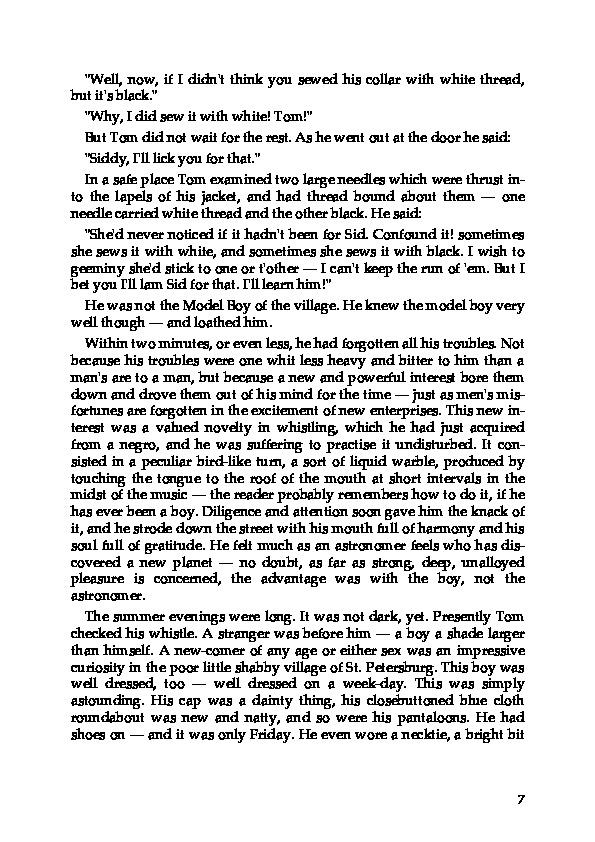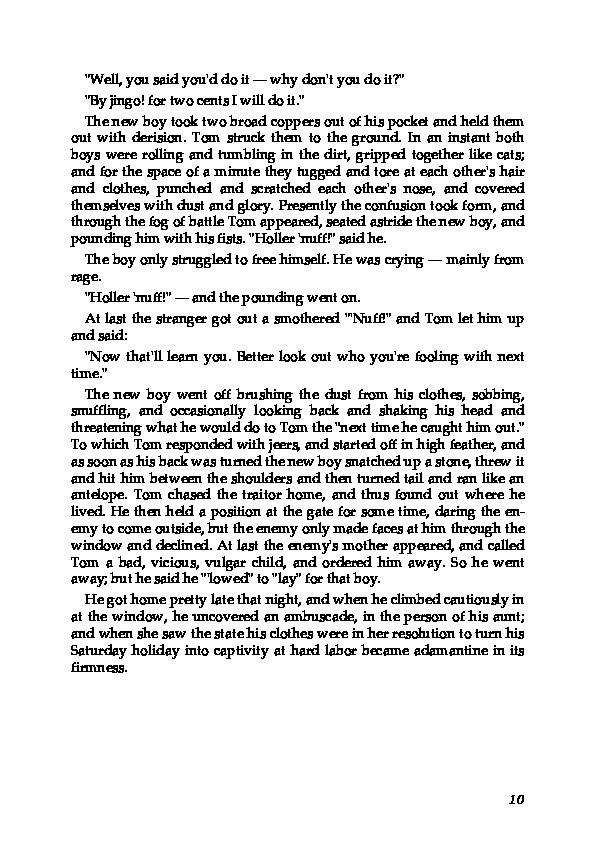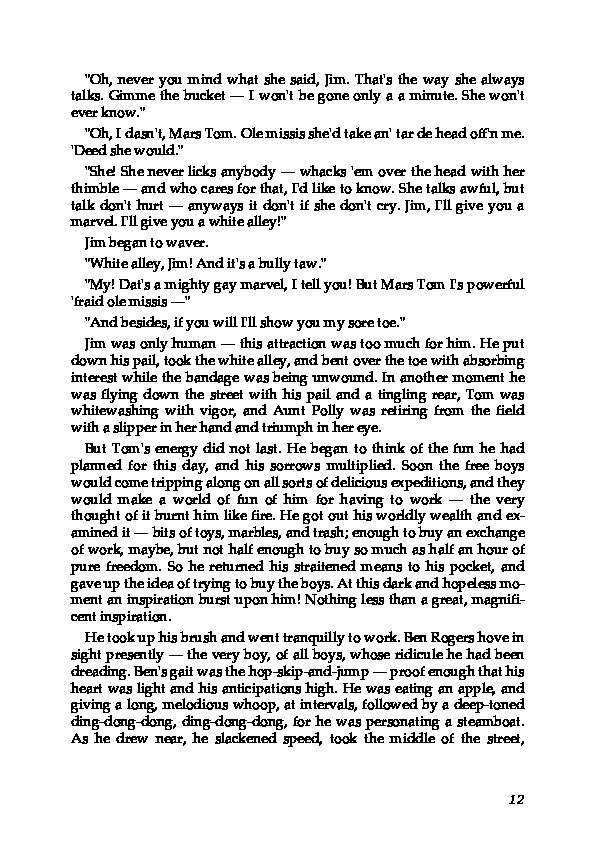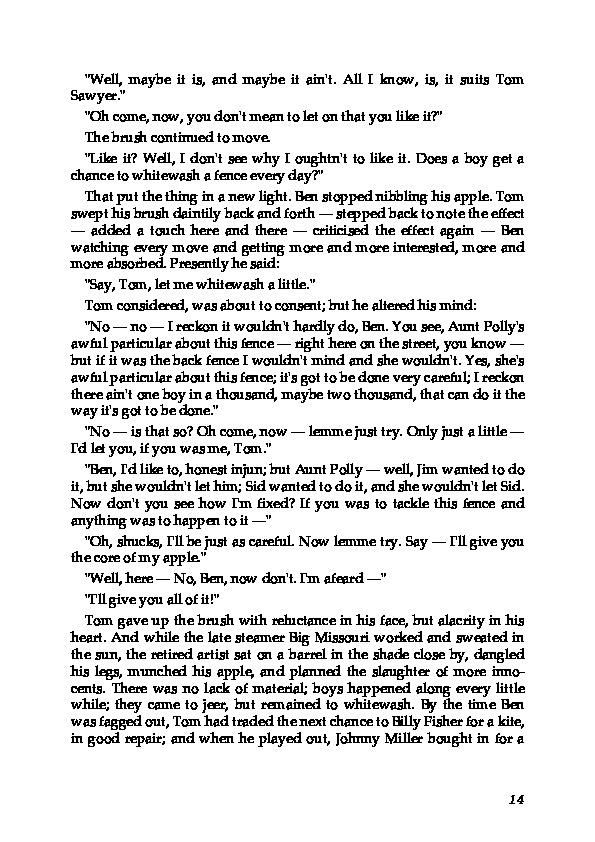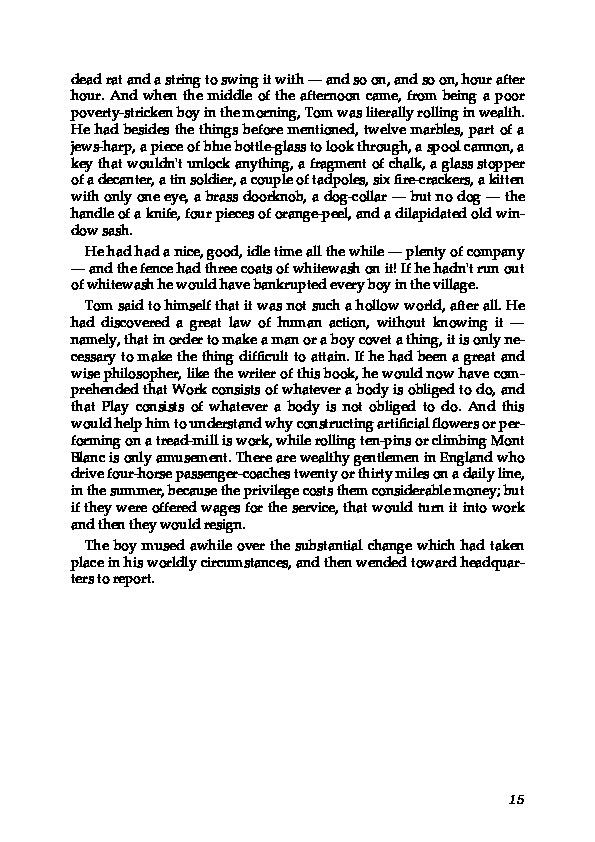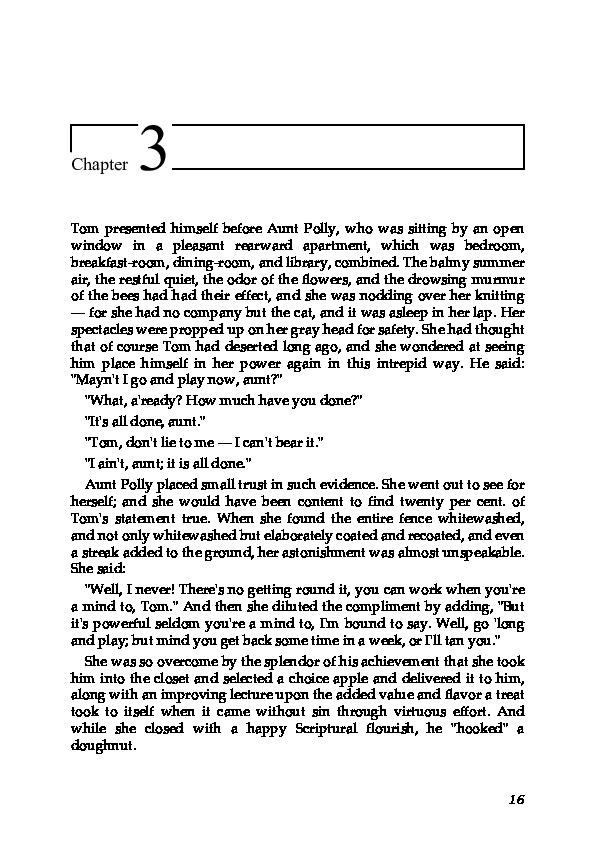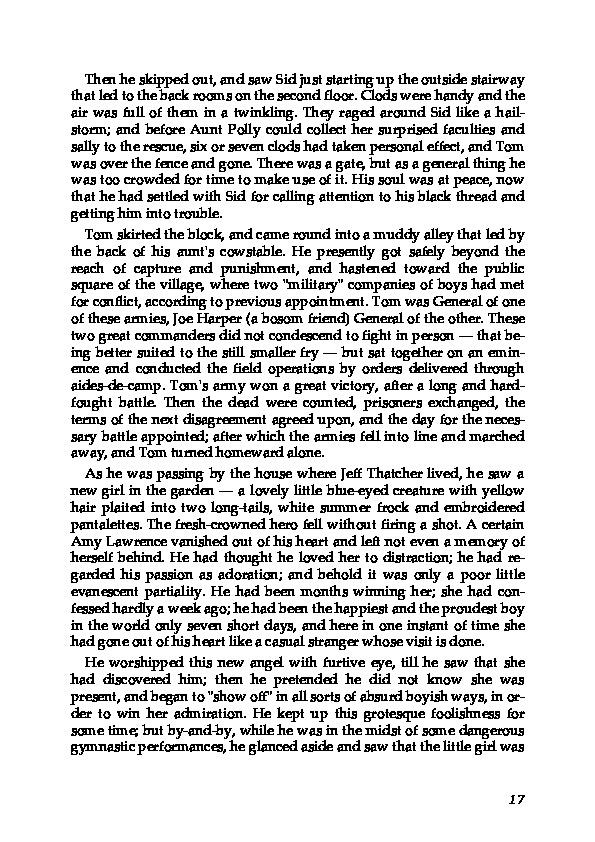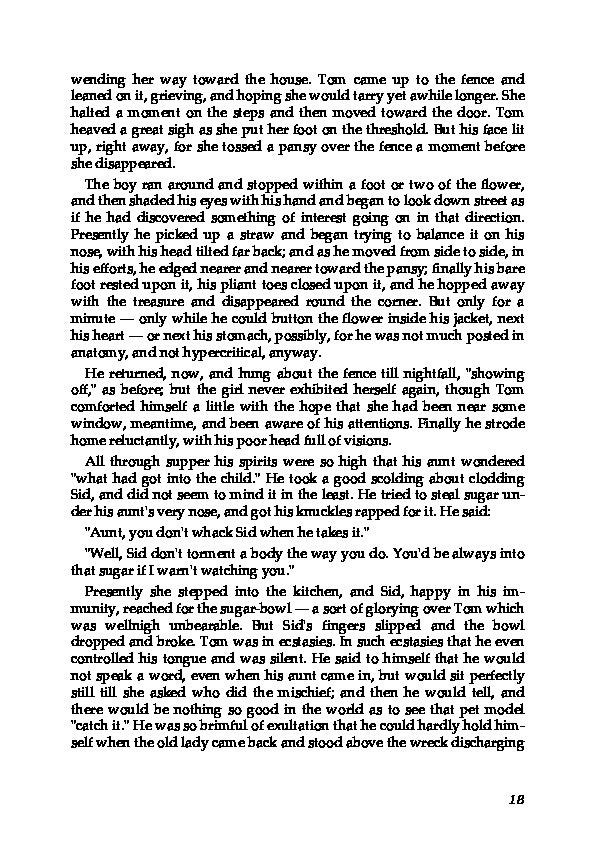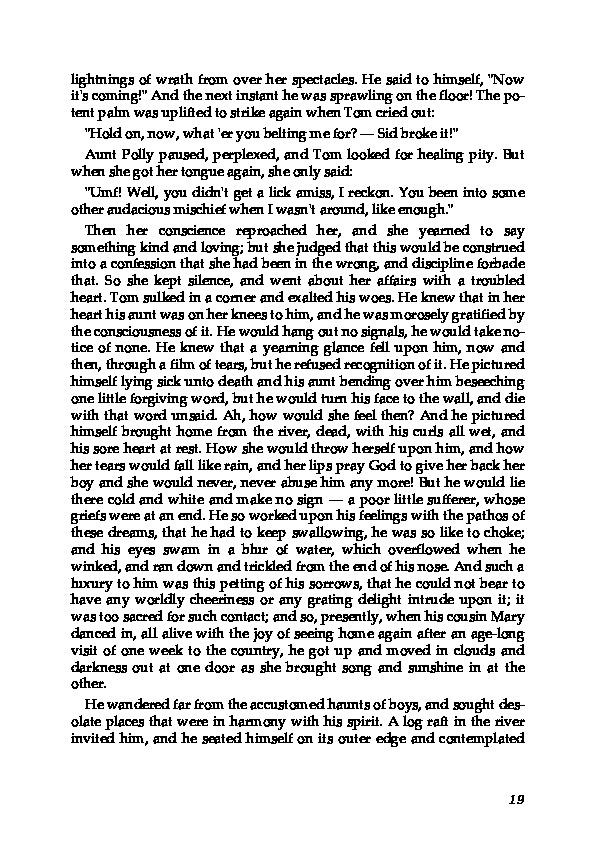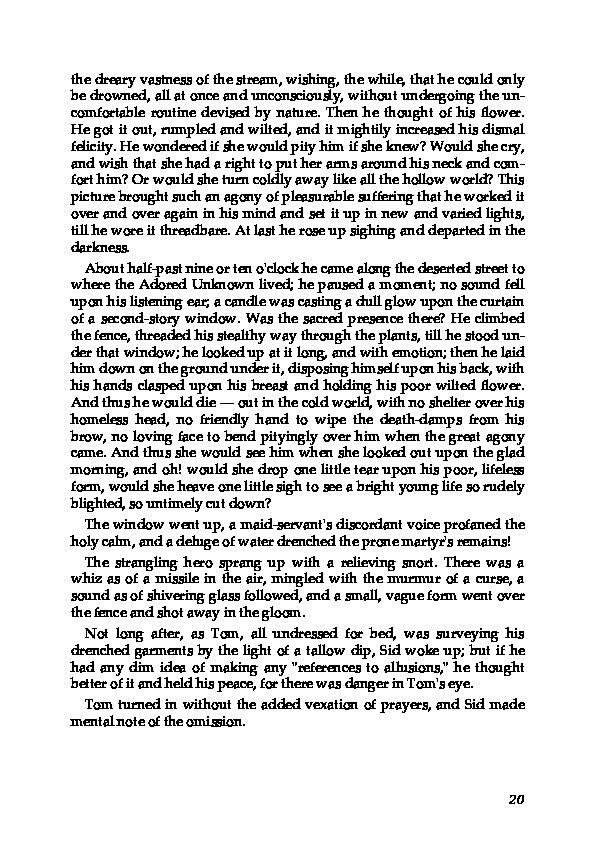Count of Monte Cristo
Count of Monte Cristo
By: Alexandre Dumas
Set against the tumultuous years of the post Napoleonic era, Dumas's grand historical romance recounts the swashbuckling adventures of Edmond Dantès, a dashing young sailor falsely accused of treason
Title information
The Count of Monte Cristo (Paris, 1844–45), by French novelist and playwright Alexandre Dumas, is one of the most popular novels ever written. Set in Marseilles, Rome and Paris in the nineteenth century, it tells the story of Edmond Dantès, a young sailor who is falsely accused of treason and imprisoned in a dungeon for fourteen years. A fellow prisoner tells him where to find treasure buried on a Mediterranean island called Monte Cristo. On Dantès’s escape, he acquires the treasure, gives himself the name Count of Monte Cristo, and ruthlessly goes about the slow destruction of his enemies. Dumas got the idea for The Count of Monte Cristo from a true story, which he found in a memoir written by a man named Jacques Peuchet. Peuchet related the story of a shoemaker named Francois Picaud, who was living in Paris in 1807. Picaud was engaged to marry a rich woman, but four jealous friends falsely accused him of being a spy for England. He was imprisoned for seven years. During his imprisonment a dying fellow prisoner bequeathed him a treasure hidden in Milan. When Picaud was released in 1814, he took possession of the treasure, returned under another name to Paris and spent ten years plotting his successful revenge against his former friends. Generations of readers have responded to Dumas’s riveting, romantic tale of revenge by a man who believes he acts as the agent of Providence. The story has adventure, intrigue and romance in full measure, and also presents a vivid portrait of France from the end of the Napoleonic years to the early 1840s.
Alexandre Dumas
Alexandre Dumas, père, born Dumas Davy de la Pailleterie (24 July 1802 – 5 December 1870) was a French writer, best known for his historical novels of high adventure which have made him one of the most widely read French authors in the world. Many of his novels, including The Count of Monte Cristo, The Three Musketeers, Twenty Years After, and The Vicomte de Bragelonne were originally serialized. He also wrote plays and magazine articles and was a prolific correspondent.
Dumas' paternal grandparents were Marquis Alexandre-Antoine Davy de la Pailleterie, a French nobleman and Général commissaire in the Artillery in the colony of Saint-Domingue — now Haiti — and Marie-Cesette Dumas, an Afro-Caribbean Creole of mixed French and African ancestry. Their son, Thomas-Alexandre Dumas, married Marie-Louise Élisabeth Labouret, the daughter of an innkeeper. Thomas-Alexandre, then a general in Napoleon's army, fell out of favor and the family was impoverished when Dumas was born.
Thomas-Alexandre Dumas died in 1806, when his son was still an infant. His widow was unable to provide her son with much of education, but Dumas read everything he could get his hands on. His mother's stories of his father's brave deeds during the years of Napoleon I of France inspired Dumas' vivid imagination for adventure. Although poor, the family had their father's distinguished reputation and aristocratic connections. In 1822, after the restoration of the monarchy, twenty-year-old Alexandre Dumas moved to Paris, where he worked at the Palais Royal in the office of duc d'Orléans (Louis Philippe).


